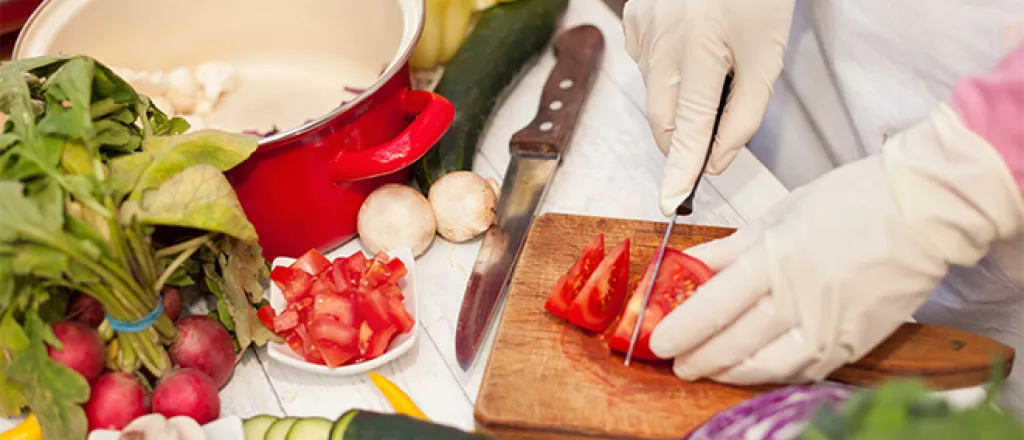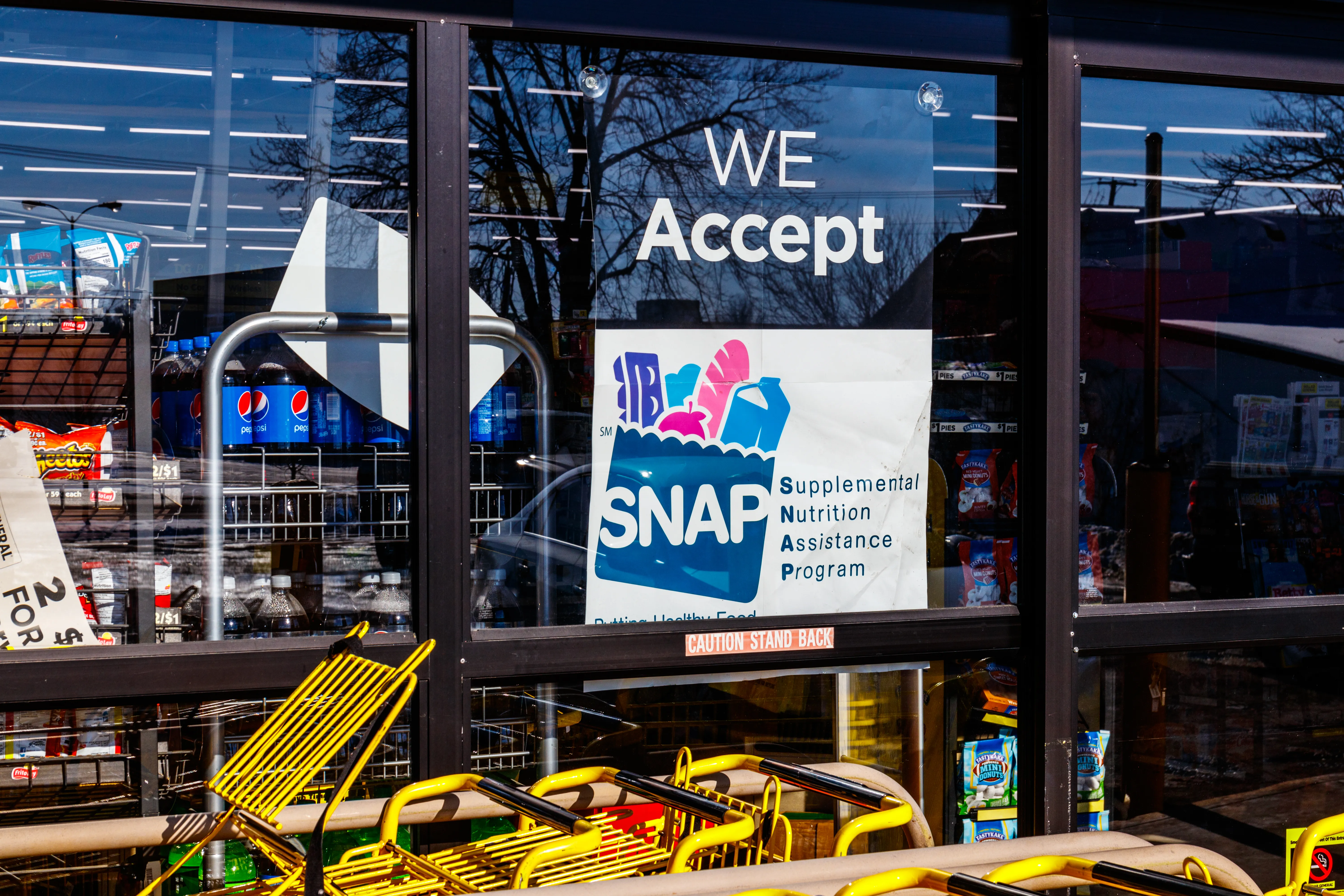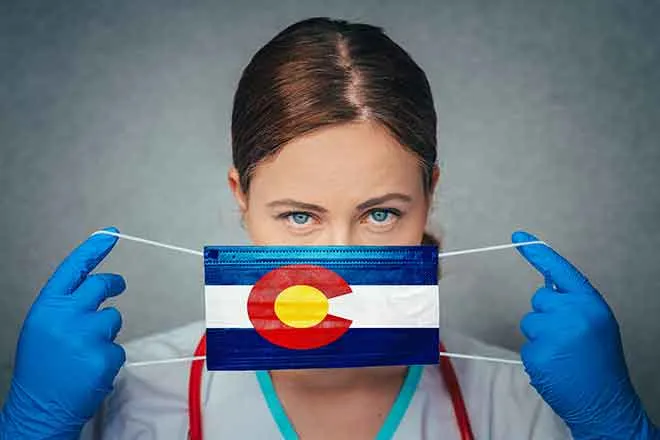
Utah food-safety expert: Food policy 'strong' but implementation could improve
Click play to listen to this article.
(Utah News Connection) The U.S. Department of Agriculture announced a widespread recall of Boar's Head deli meats for contamination of listeria earlier this year.
The latest outbreak has led to almost 60 hospitalizations and 10 deaths, according to the Centers for Disease Control and Prevention.

© iStock - nevarpp
Jose Brandao, assistant professor of food sciences at Utah State University, said the United States has "strong" food-safety policy but lacks proper implementation.
"That means that sanitation needs to be done properly and consistently," Brandao explained. "Especially with listeria, it's a bacteria that forms biofilms. Basically a protective cape that is going to make it a lot harder to clean that bacteria once the biofilm is formed."
Brandao noted bacteria capable of forming biofilms are involved in most bacterial infections, including foodborne diseases but added poor sanitation is often the root cause. Another part of the equation is testing. Documents from the U.S. Department of Agriculture's Food Safety and Inspection Service in 2023 show significant testing cuts were made and it has prompted some to call for more federal oversight and ensure more aggressive inspections.
Brandao stressed he wants to see a better "food safety culture" and argued it does not come from stronger regulation but rather is fostered in facilities.
"You can have the best managers but if your employees don't see the importance in food safety, you are not going to have food safety," Brandao contended. "Just simple stuff like cleaning your hands, cleaning and sanitizing the food-contact surface, are incredibly important."
He acknowledged employees could also care about food safety but lack the appropriate tools and resources from management.
Following reports of mold, insects, dripping water and animal residue dating back at least two years, Boar's Head decided to shut down its plant in Virginia which has been tied to the deadly outbreak. Brandao emphasized such events have immediate and long-lasting impacts.
"We are speaking about the livelihood of people, a company," Brandao pointed out. "We are speaking about an industry that is going to be affected; production levels are going to go down, sales are going to go down, public trust is going to be eroded."
Brandao asserted there are many gaps in research he argued need to be filled, saying more support in scientific research will help reduce the amount of food-safety outbreaks each year.

















